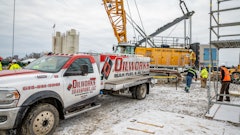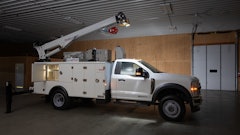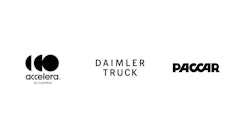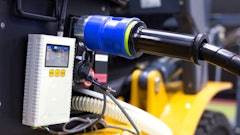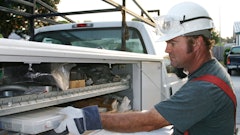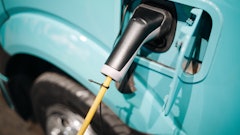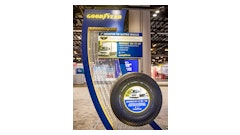
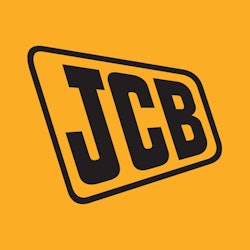
JCB has successfully installed one of its hydrogen engines into a Mercedes Sprinter van, marking an advancement in the utilization of sustainable energy for vehicles.The van was retrofitted in just two weeks and is the second Mercedes vehicle to be modified with a JCB hydrogen engine.
Earlier this year, a 7.5-ton Mercedes truck was given the JCB hydrogen treatment. The internal combustion engine used in the van is the same as those powering the JCB construction and agricultural prototype machines.One of the first test drivers was JCB chairman Anthony Bamford, who is leading the company’s 100 million hydrogen engine project. “We retrofitted this vehicle with a JCB hydrogen engine to demonstrate how simple it will be to convert existing vans and to show that it is not only not only construction and agricultural machines that can be powered by hydrogen,” said Bamford. “While converting vans will not be for JCB to do, it does prove there is something else other than batteries that can work very effectively.”
JCB has already manufactured more than 70 hydrogen internal combustion engines in a project involving 150 British engineers. The hydrogen engines now power prototype JCB backhoe loader and Loadall telescopic handler machines. The converted van was previously diesel-powered. Hydrogen powered vehicles can be refueled in a matter of minutes compared to several hours for recharging batteries.Last year, JCB revealed a mobile hydrogen refueller, which provides a way to refuel machines onsite. JCB’s hydrogen internal combustion engines are manufactured at JCB Power Systems in Derbyshire.



